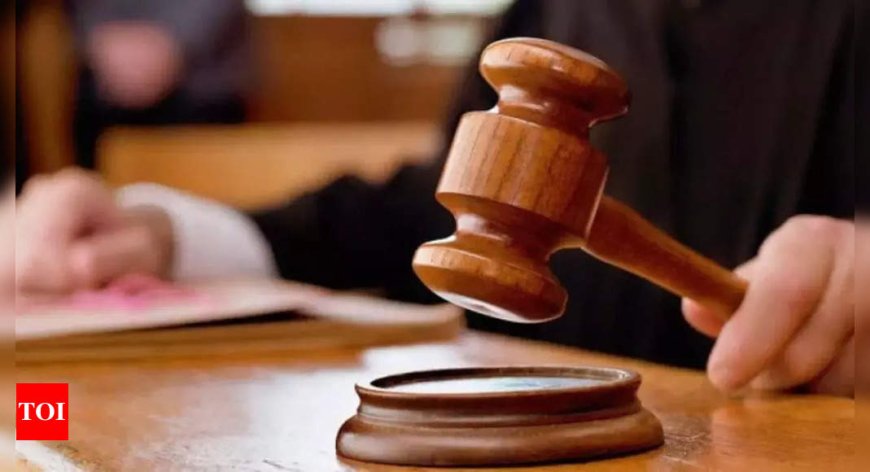Gujarat riots: HC upholds acquittal of 6 in killing of 3 UK men
The Gujarat High Court has upheld the acquittal of six individuals accused of killing three British nationals of Indian origin during the 2002 riots. The decision followed the special SIT court’s ruling that cited insufficient evidence, relying primarily on an anonymous complaint to the British High Commission.

Gujarat Riots: HC Upholds Acquittal of 6 in Killing of 3 UK Men
In a significant ruling, the Gujarat High Court has upheld the acquittal of six individuals involved in the tragic killing of three British nationals during the infamous riots of 2002. This decision has sparked a renewed discussion around the events that unfolded in Gujarat and the judicial outcomes that followed.
Background of the Gujarat Riots
The Gujarat riots, which erupted in 2002, were a result of communal tensions that escalated following the Godhra train burning incident. The violence resulted in the loss of many lives and left an indelible mark on the history of communal relations in India. Among the victims were three men of UK origin, who were reportedly caught in the violence.
Judicial Proceedings and Acquittal
The six accused were charged with murder and conspiracy, but after a prolonged judicial process, they were acquitted by a lower court. The prosecution's arguments were based on eyewitness accounts and evidence that suggested the suspects were involved in the killings. However, the defense maintained that there was insufficient evidence to prove the allegations beyond a reasonable doubt.
The recent ruling by the Gujarat High Court upheld the lower court's decision, highlighting potential flaws in the evidence presented against the accused. Legal experts believe that this ruling could have broader implications on how similar cases are handled in the future, especially in terms of gathering credible evidence during communal violence investigations.
Reactions and Implications
The upholding of acquittals has led to a polarized reaction among various groups. Advocates for justice have expressed disappointment, feeling that this ruling represents a failure to deliver accountability for the victims' families. Conversely, supporters of the acquitted argue that the judiciary has made the right choice by prioritizing the presumption of innocence.
This case not only sheds light on the complexities of communal riots in India but also raises questions about the judicial process and the role of evidence in securing convictions in such sensitive matters. Moving forward, it will be essential for legal frameworks to adapt to ensure that justice is served while maintaining the integrity of the judicial system.
For more updates, visit dharmyuddh.com.
Conclusion
The Gujarat High Court's decision to uphold the acquittal of six defendants in the killings related to the riots of 2002 is a significant milestone in the ongoing quest for justice and accountability. As the nation grapples with the implications of this ruling, it is essential for society to reflect on the importance of evidence, accountability, and justice in the context of communal tensions. Keywords: Gujarat riots update, High Court Gujarat acquittal, killing of UK men Gujarat, 2002 riots judgment, communal violence court case, judicial decisions in riots, Gujarat riots latest news, accountability in justice system.







